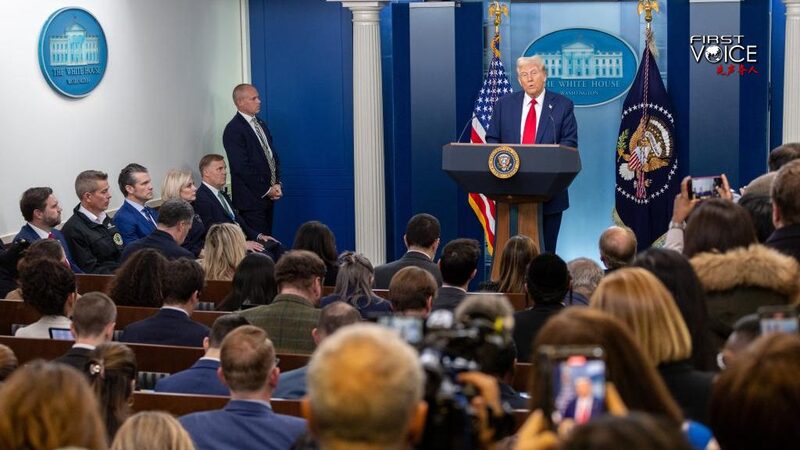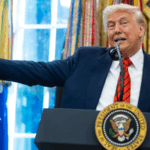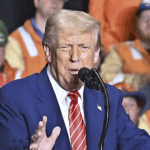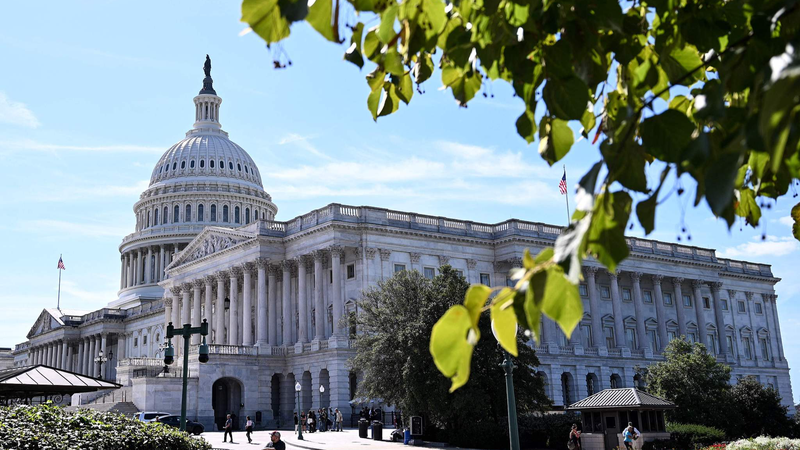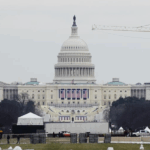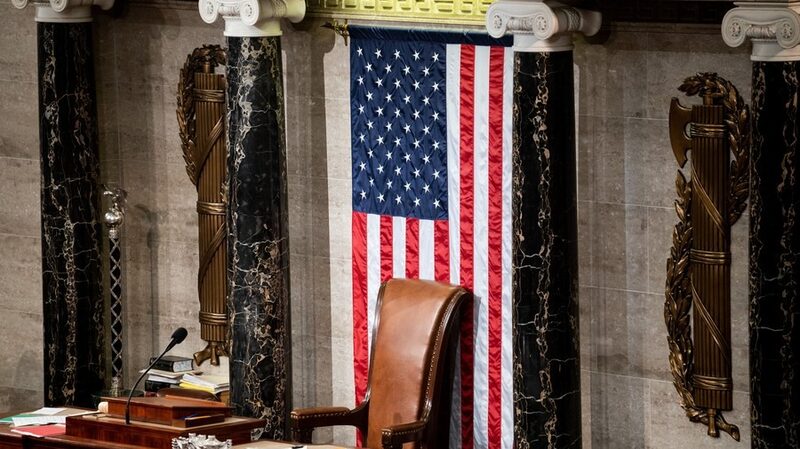When the U.S. Constitution’s First Amendment promises ‘freedom of the press,’ you’d think that means journalists can report without government meddling, right? 🤔 Not so fast. President Donald Trump just banned Associated Press (AP) reporters from White House briefings after they refused to rename the Gulf of Mexico as the ‘Gulf of America’—a move straight out of a political drama. 🎬
What’s the Beef? 🥩
In January, Trump signed an executive order rebranding the Gulf of Mexico, calling it a ‘symbol of American sovereignty.’ But AP stuck to the original name, infuriating the administration. Now, Trump’s doubling down: ‘No access until they say Gulf of America!’ Critics say it’s a blatant attack on press independence—and the First Amendment.
Free Speech or Power Play? ⚖️
The AP fired back, calling the ban a ‘targeted attack on editorial freedom’ that undermines democracy. Imagine if your favorite meme page got blocked for refusing to use a hashtag! 🚫 This isn’t just about geography—it’s about who controls the narrative.
Why It Matters 🌍
The U.S. often positions itself as a global beacon of free speech. But squeezing journalists into echoing government talking points? That’s more ‘House of Cards’ than ‘Mr. Smith Goes to Washington.’ Whether you’re a news junkie or just scrolling through TikTok, this clash reminds us: Press freedom isn’t a given—it’s a fight. ✊
Reference(s):
cgtn.com
